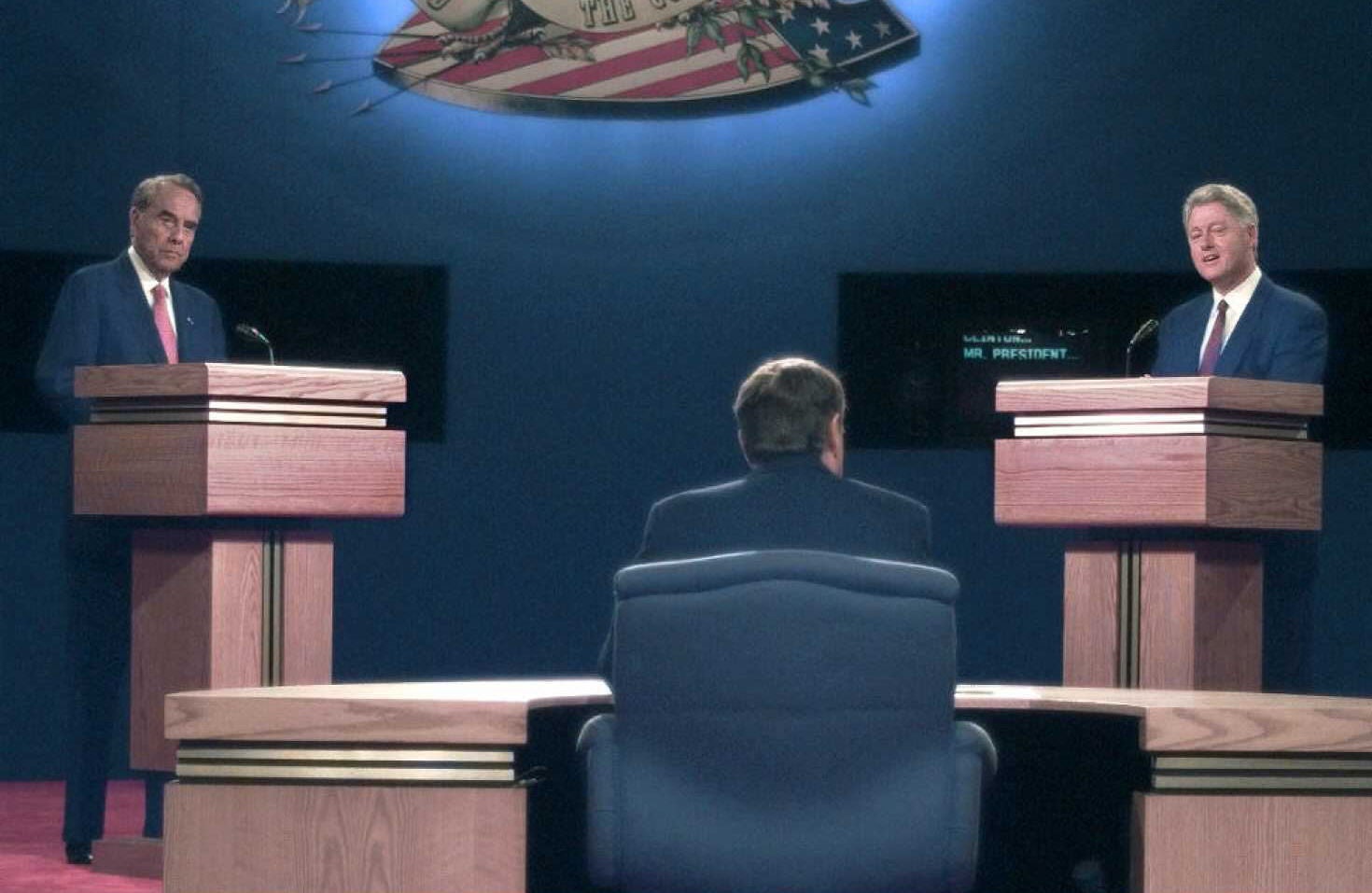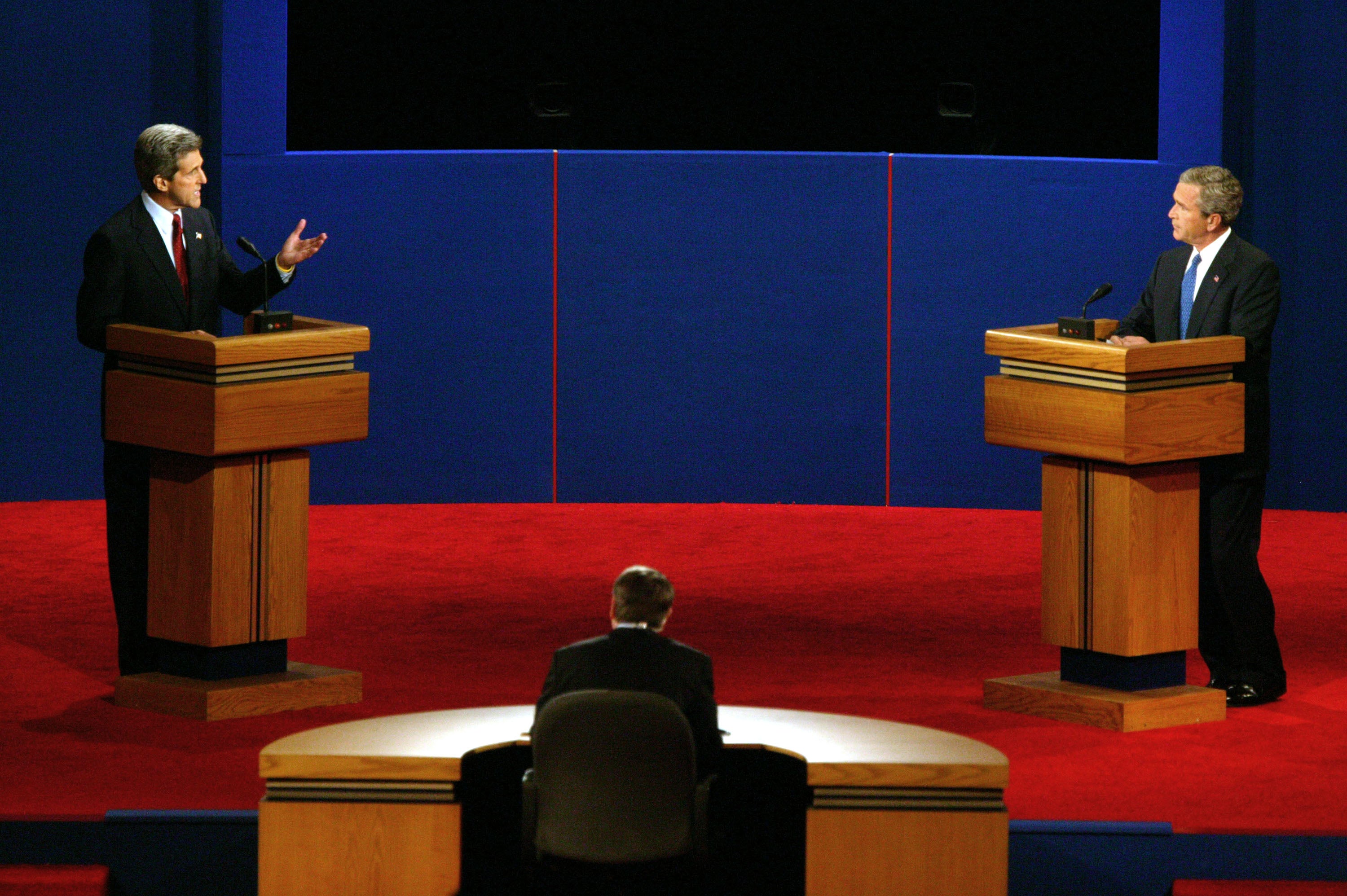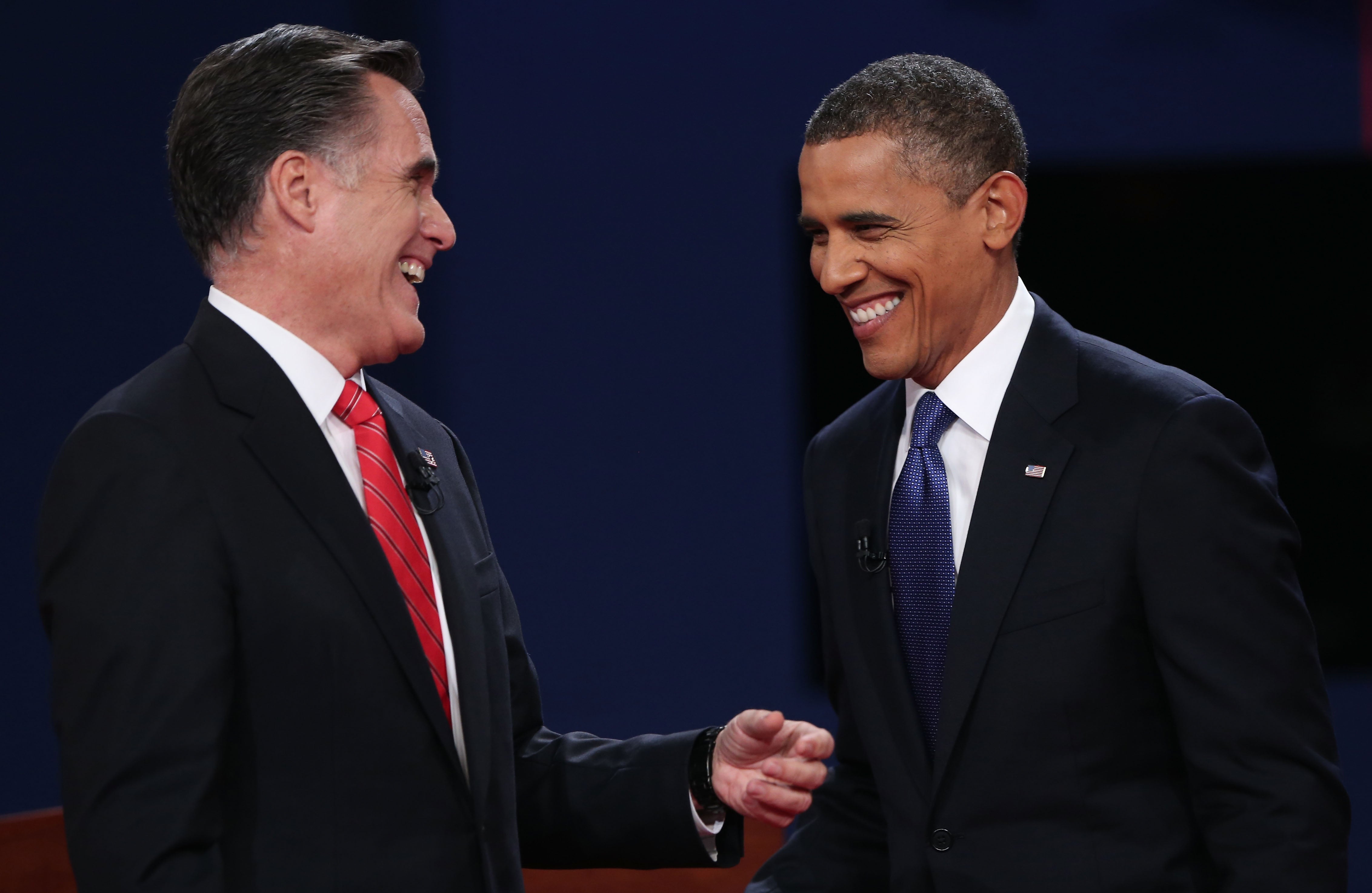Why Trump has an advantage over Biden in their first debate of the 2024 election season
Incumbents tend to do worse in the first debate of the presidential election season as they step out of their ‘protected bubble’
Your support helps us to tell the story
From reproductive rights to climate change to Big Tech, The Independent is on the ground when the story is developing. Whether it's investigating the financials of Elon Musk's pro-Trump PAC or producing our latest documentary, 'The A Word', which shines a light on the American women fighting for reproductive rights, we know how important it is to parse out the facts from the messaging.
At such a critical moment in US history, we need reporters on the ground. Your donation allows us to keep sending journalists to speak to both sides of the story.
The Independent is trusted by Americans across the entire political spectrum. And unlike many other quality news outlets, we choose not to lock Americans out of our reporting and analysis with paywalls. We believe quality journalism should be available to everyone, paid for by those who can afford it.
Your support makes all the difference.Donald Trump may see a bump in the polls after the first debate because of a long-running trend: Incumbents tend to do worse in the first debate of the presidential election season.
Presidential debate historian Alan Schroeder explained to NBC News that a president’s life exists in a “protected bubble.” The first debate takes them outside of that bubble, where they’re forced to face off against a pumped up opponent who’s been itching for a showdown.
The first debate in this election cycle will be hosted by CNN in Atlanta on June 27.
Incumbents tend to grow accustomed to the deference they’re shown within the White House, and after four years, they’re in for a rude awakening when their opponent throws punches on the debate stage, Schroeder said, noting that presidents tend not to hear much “conflicting information” during their four years in the “bubble.”
He added that incumbents may need to “transition” back to “being a normal citizen.”
“Every president thinks, ‘I know how to run a presidential campaign because I won one a few years ago,’” Samuel Popkin, who played Ronald Reagan during mock debates with Jimmy Carter during the 1980 campaign, told NBC.

Popkin said Carter became “uncomfortable” and “embarrassed” when Popkin played Reagan during the preparations.
“The president looked lonely and vulnerable when he heard Reagan’s critique in front of his wife, his closest friends, and his inner circle,” Popkin wrote in his book The Candidate.
A “bewildered” Carter suggested they stop after just 11 minutes. Reagan won in a landslide, carrying 44 states. But in 1984, it was his turn to step out of the bubble as he faced Carter’s Vice President Walter Mondale.
“For much of the debate, Mr. Reagan appeared less confident than he customarily does on television,” The New York Times noted at the time. “Later, as Mr. Mondale’s advisers, clearly pleased, asserted that the former Vice President had rejuvenated his candidacy, Reagan aides were noticeably subdued.”

“Even Bill Clinton, who was a really good debater, his first debate against Bob Dole in 1996 as an incumbent president was not his finest moment by any stretch of the imagination,” Schroeder told NBC.
Sara Fegen, who worked on President George W Bush’s 2004 campaign, told the network that incumbents have the tougher task, “because they’re defending the sitting record.”
At the time, a Pew Research poll found that voters believed that challenger Senator John Kerry won the first debate with Bush by a margin of two to one.

Jim Messina, the manager of President Barack Obama’s 2012 re-election campaign, recalled when speaking to NBC how he told Obama that “If it’s a referendum on the incumbent, the incumbent usually loses.”
He added: “If it is a choice between the two candidates, you’ll win.”
CNN and Pew polls found that voters believed Obama’s challenger, ex-Massachusetts Governor Mitt Romney, won the first debate.

Schroeder called Obama “rusty,” saying that he appeared “a little uncomfortable.”
“The president blew off one of the last debate sessions before the first debate. He definitely did not do that after the first debate,” Messina told NBC, recalling how he was overjoyed after the second debate because Obama had “driven the choice narrative over and over and over.”
The Biden campaign told the network that the president is set to project “himself as the wise and steady leader in contrast to Trump’s chaos and division.”
While it’s difficult to show that debate performances have large impacts on elections, changing the minds of just a few voters could be key when the polls are as tight as they are, with Biden just 0.1 percent ahead in FiveThirtyEight’s average of national polls.
Join our commenting forum
Join thought-provoking conversations, follow other Independent readers and see their replies
Comments